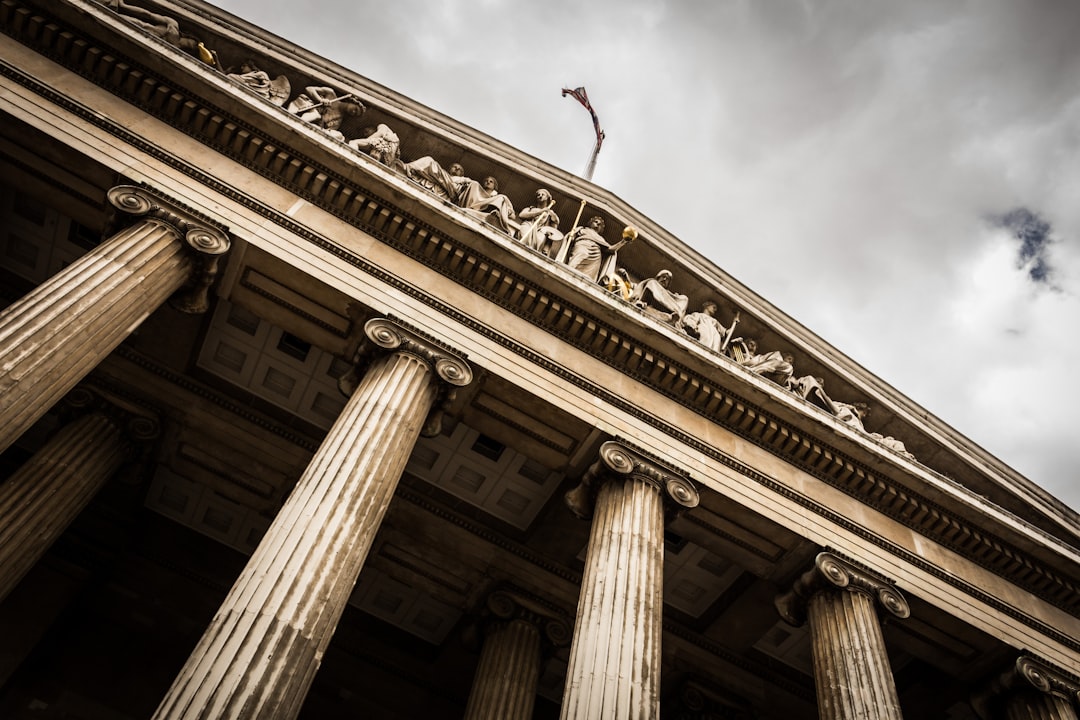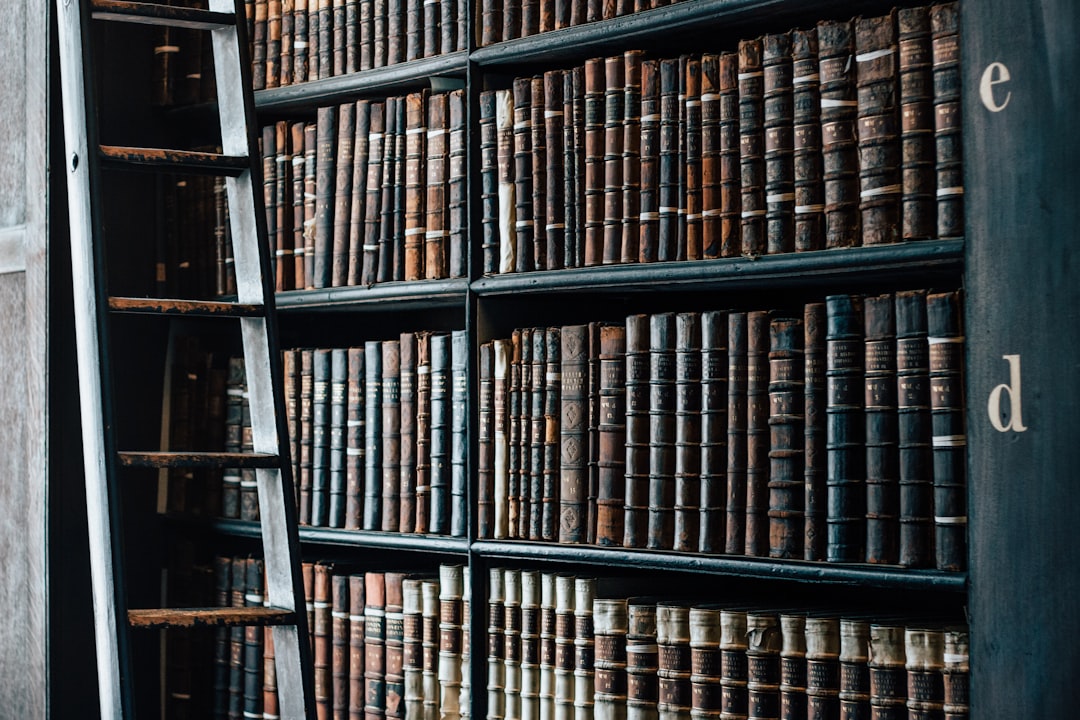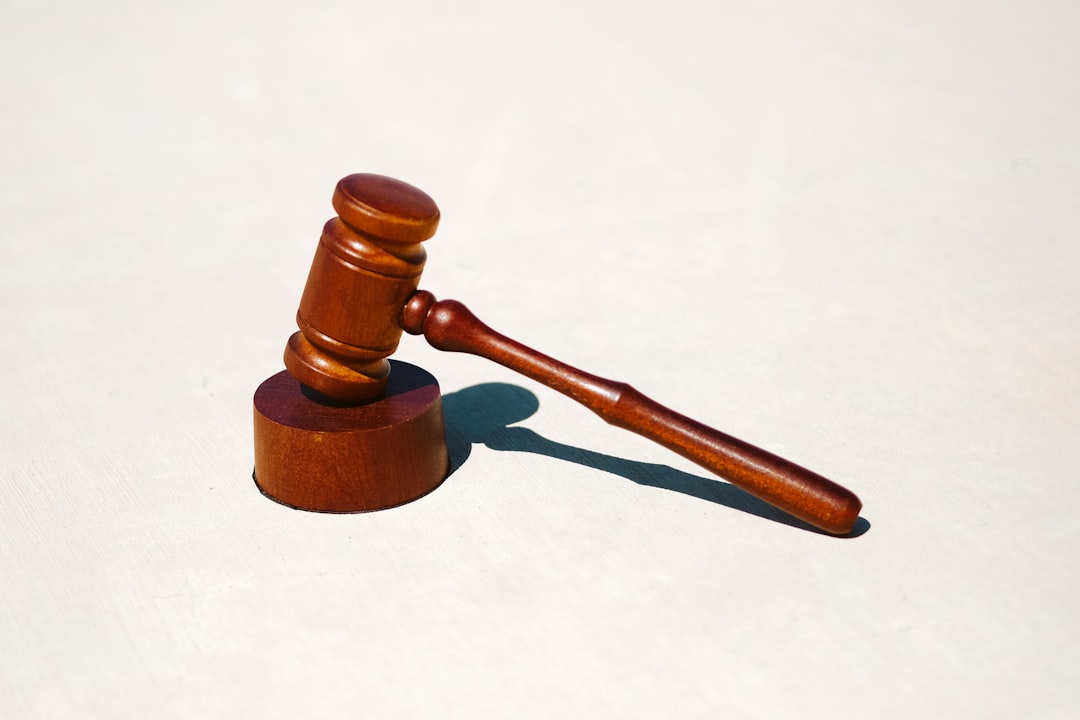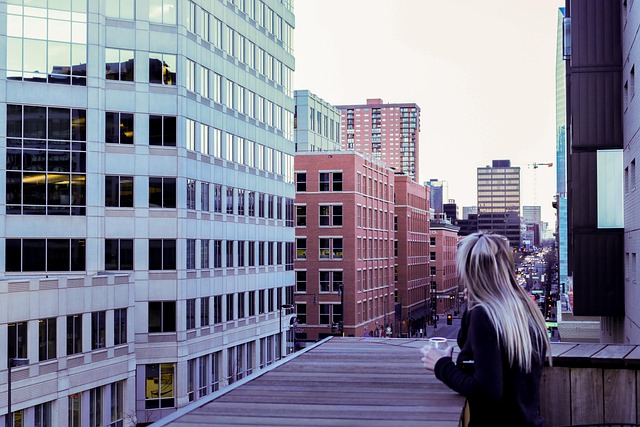In urban Denver, noise pollution—often overlooked amidst the city's vibrancy—poses significant health risks. Mapping noise levels using advanced tools helps identify hotspots and guides targeted interventions like zoning adjustments and legal protections in sensitive areas. Rape lawyers in Denver CO highlight the importance of addressing environmental nuisances impacting victims' well-being. This data-driven approach, combining community involvement and legal advocacy, aims to create healthier environments for residents and support rape lawyers, attorneys, and firms in their work.
“In the bustling metropolis of Denver, Colorado, noise pollution has emerged as a silent yet pervasive issue impacting the health and well-being of its residents. This article delves into the intricate web of urban noise, exploring its various dimensions from a Denver perspective. We examine how excessive noise affects communities, particularly focusing on sensitive areas like schools and residential neighborhoods. By mapping sources and proposing effective strategies, we aim to empower Denver residents and advocates, including those seeking legal aid through rape lawyers Denver CO, in combating this modern-day challenge.”
Understanding Noise Pollution: A Urban Denver Perspective
In urban areas like Denver, Colorado, noise pollution is a significant concern that often goes unnoticed amidst the hustle and bustle of city life. It’s more than just an annoying racket; excessive noise can have severe health impacts, affecting sleep patterns, mental well-being, and even physical health. In Denver, with its vibrant yet bustling metropolis, mapping noise levels becomes crucial to understanding and addressing this issue. This data-driven approach allows for targeted interventions and the implementation of effective solutions to create quieter, healthier spaces for residents.
With a population exceeding 700,000 (as of 2023), Denver’s diverse landscape includes dense urban cores, residential neighborhoods, and industrial areas, each contributing uniquely to noise levels. Mapping noise pollution in these varying zones can reveal hotspots where noise exceeds safe decibel levels. This information is not just academically interesting; it has practical implications, especially when considering sensitive areas like schools, hospitals, and residential districts. Moreover, understanding noise pollution patterns can help promote better urban planning, zoning, and even legal protections for residents, similar to how rape lawyers in Denver CO advocate for victims’ rights.
The Impact of Excessive Noise on Community Health and Well-being
Excessive noise pollution can have profound effects on the health and well-being of urban communities, often overlooked yet significant. Research indicates that prolonged exposure to elevated noise levels can lead to a range of issues, from sleep disturbances and increased stress to more serious health problems like cardiovascular diseases and cognitive impairments. In dense urban areas like Denver, CO, where various industries, transportation hubs, and residential neighborhoods coexist, the impact is magnified. The constant hum of traffic, construction activities, and nearby businesses can create a cacophony that permeates homes, schools, and public spaces.
Consider the effect on mental health, which is particularly relevant when discussing Denver’s reputation as a hub for legal services, including rape lawyers, attorneys, and law firms. High noise levels can exacerbate stress, anxiety, and depression, impacting individuals’ quality of life. This is especially concerning in light of the sensitivity of victims navigating the legal system, who may already be dealing with trauma. A quiet, peaceful environment is often crucial for their healing process and effective communication with rape attorneys or law firms in Denver CO. Mapping noise pollution helps identify areas where these issues are prevalent, enabling policymakers and community leaders to take targeted actions towards mitigating excessive noise and fostering healthier living environments.
Mapping the Sources: Identifying Hotspots in Denver'sNoise Landscape
Mapping the sources of noise pollution is a critical step in addressing this urban challenge. By utilizing advanced sound mapping technologies, researchers and city planners can identify hotspots where noise levels exceed safe limits. These areas often correspond to busy intersections, construction sites, or dense residential neighborhoods with limited green spaces. In Denver, for instance, a detailed noise map might reveal that certain sections of I-25 experience consistent high decibel levels due to heavy traffic, while specific blocks in downtown are plagued by constant construction noises.
This process helps in pinpointing the primary contributors to urban noise pollution, allowing for more targeted interventions. For example, identifying nearby residential areas with elevated noise levels from a major road could prompt city officials to consider traffic calming measures or planting sound-absorbing trees and greenery. Similarly, mapping can assist rape lawyers, attorneys, and law firms in Denver CO by providing valuable data on environmental factors that may impact their cases, ensuring they offer robust representations to clients affected by excessive noise and its associated health risks.
Strategies for Mitigation and Advocacy: Empowering Denver Residents
In addressing noise pollution in Urban Denver, community involvement and advocacy play a pivotal role in driving change. Residents can empower themselves by organizing local workshops and awareness campaigns to educate neighbors about the impact of excessive noise. This collective effort can lead to the formation of noise abatement organizations dedicated to lobbying city officials for stricter noise control policies. By banding together, Denver residents can ensure their voices are heard and advocate for regulations that prioritize quality of life in densely populated areas.
Moreover, involving legal experts specializing in environmental law, such as rape lawyers or attorneys based in Denver CO, can provide a strategic edge. These professionals can guide community efforts, offer legal counsel on regulatory frameworks, and represent residents’ interests when enforcing noise pollution standards. Collaborating with rape law firms and attorneys ensures that the rights of Denver citizens are protected while pushing for sustainable solutions to this urban challenge.






